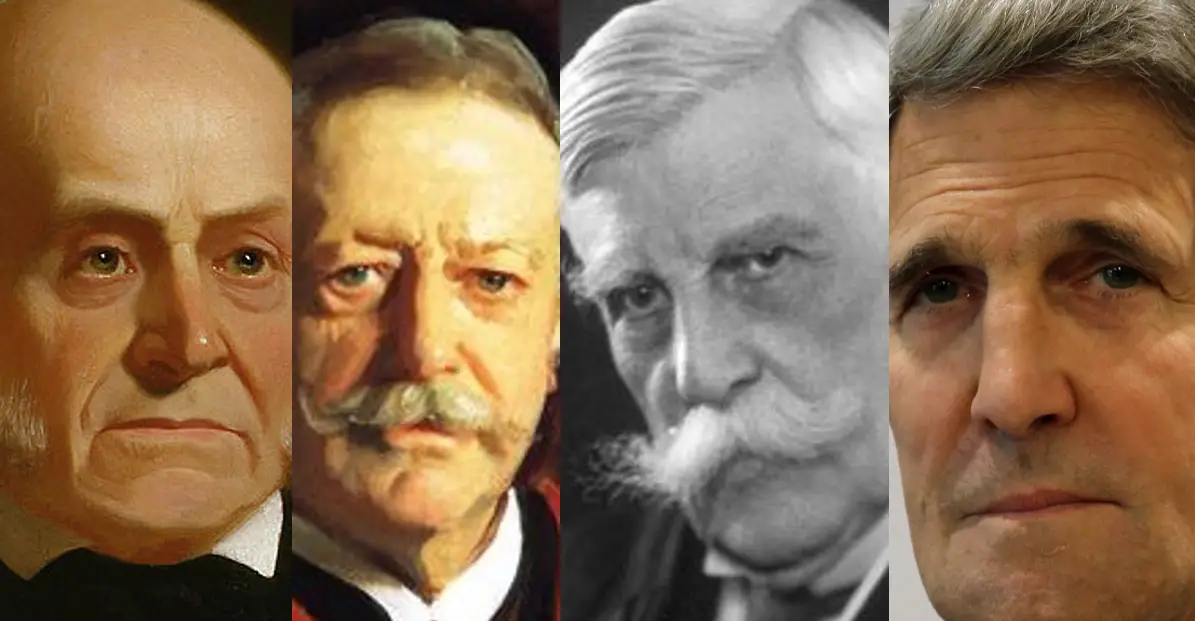The Boston Brahmin, also known as the "Brahmin caste of New England," refers to the traditional upper class of Boston, Massachusetts. This elite group has a rich history dating back to the 17th century, and their influence can still be felt in the city’s culture, politics, and society today. In this article, we will delve into the history of the Boston Brahmin, their values and traditions, and their lasting impact on American society.

History of the Boston Brahmin
The term "Brahmin" was first used to describe the Boston elite in the mid-19th century. It was derived from the Hindu caste system, where Brahmins were the highest-ranking priestly class. The term was chosen to reflect the group’s perceived superiority and exclusivity. The Boston Brahmin were primarily descended from English colonists who settled in the area in the 17th century. They were largely merchants, traders, and professionals who accumulated wealth and influence over time.
During the American Revolution, the Boston Brahmin played a significant role in shaping the country’s future. Many prominent Brahmins, such as John Adams and John Hancock, were key figures in the Revolution and later became leaders in the newly formed United States government. The Boston Brahmin continued to dominate the city’s politics, economy, and culture throughout the 19th and early 20th centuries.
Values and Traditions
The Boston Brahmin were known for their strong sense of tradition and values. They placed a high emphasis on education, with many attending prestigious institutions such as Harvard University. They were also known for their philanthropy, with many Brahmins donating to charitable causes and establishing institutions such as hospitals, museums, and libraries.
The Boston Brahmin were also known for their exclusivity and sense of superiority. They were a tight-knit group, and membership was often limited to those with the "right" family connections and social status. This exclusivity was reflected in their social clubs, such as the Somerset Club and the Tavern Club, which were limited to Brahmins and their guests.
Impact on American Society
The Boston Brahmin have had a lasting impact on American society. They played a significant role in shaping the country’s politics, economy, and culture. Many prominent Brahmins have held public office, including presidents, senators, and governors. They have also dominated the country’s intellectual and cultural institutions, with many Brahmins serving as professors, authors, and artists.
The Boston Brahmin have also had a significant impact on American philanthropy. Many Brahmins have donated to charitable causes, establishing institutions such as hospitals, museums, and libraries. They have also played a significant role in shaping the country’s educational system, with many Brahmins serving as educators and administrators.
Modern-Day Boston Brahmin
While the Boston Brahmin are still a prominent force in Boston society, their influence has waned somewhat in recent years. Many of the old Brahmin families have lost their wealth and influence, and the group is no longer as exclusive as it once was. However, the Boston Brahmin continue to play a significant role in the city’s culture and society.
Many modern-day Brahmins are still involved in politics, philanthropy, and education. They continue to dominate the city’s social clubs and institutions, and many still attend prestigious institutions such as Harvard University. However, the group is no longer as homogeneous as it once was, with many new families and individuals joining the ranks of the Boston Brahmin.
FAQ
- What is the Boston Brahmin?
The Boston Brahmin refers to the traditional upper class of Boston, Massachusetts. They are a group of families and individuals who have historically dominated the city’s politics, economy, and culture. - Where did the term "Brahmin" come from?
The term "Brahmin" was derived from the Hindu caste system, where Brahmins were the highest-ranking priestly class. It was chosen to reflect the group’s perceived superiority and exclusivity. - What values do the Boston Brahmin hold dear?
The Boston Brahmin place a high emphasis on education, philanthropy, and tradition. They are known for their strong sense of social responsibility and their commitment to public service. - What is the significance of the Boston Brahmin in American history?
The Boston Brahmin have played a significant role in shaping American history, from the Revolution to the present day. They have dominated the country’s politics, economy, and culture, and have had a lasting impact on American society. - Are the Boston Brahmin still a prominent force in Boston society?
Yes, the Boston Brahmin are still a prominent force in Boston society. While their influence has waned somewhat in recent years, they continue to play a significant role in the city’s culture, politics, and philanthropy.
Conclusion
The Boston Brahmin are a unique and fascinating group, with a rich history and a lasting impact on American society. From their origins in the 17th century to the present day, the Boston Brahmin have played a significant role in shaping the country’s politics, economy, and culture. Their values of education, philanthropy, and tradition continue to inspire and influence Americans today.
While the Boston Brahmin are no longer as exclusive as they once were, they continue to dominate the city’s social clubs and institutions. Many modern-day Brahmins are still involved in politics, philanthropy, and education, and they continue to play a significant role in shaping the city’s culture and society.
In conclusion, the Boston Brahmin are an important part of American history and culture. Their legacy continues to inspire and influence Americans today, and their impact on the country’s politics, economy, and culture will be felt for generations to come. As we look to the future, it will be interesting to see how the Boston Brahmin continue to evolve and adapt, while still maintaining their unique traditions and values.
Closure
Thus, we hope this article has provided valuable insights into The Boston Brahmin: Unveiling the History and Legacy of America’s Elite. We hope you find this article informative and beneficial. See you in our next article!




